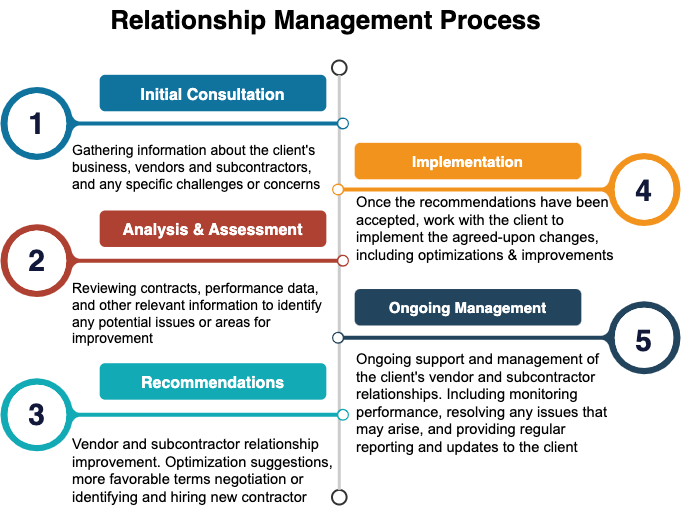Crystal
Crystal is a family of lightweight software development methodologies, also known as "agile methods." Crystal methodologies are designed to be flexible and adaptable to the specific needs and constraints of a project, and to support collaboration, communication, and continuous learning among team members and stakeholders. The Crystal family includes several methodologies, such as Crystal Clear, Crystal Yellow, and Crystal Orange, which differ in their focus, scope, and level of formality.
Here are some principles of Crystal methodologies:
People are the most important factor in software development: Crystal methodologies recognize that people are the most important factor in software development, and that the success of a project depends on the abilities, skills, and attitudes of the team members and stakeholders. Crystal methodologies therefore emphasize the importance of building and maintaining strong, collaborative, and supportive relationships among team members and stakeholders.
Focus on what is most important: Crystal methodologies recognize that software development projects are complex and dynamic, and that it is impossible to plan and control every aspect of a project. Crystal methodologies therefore focus on what is most important and valuable, and on delivering high-quality software quickly and continuously.
Adapt to change and uncertainty: Crystal methodologies recognize that software development projects are subject to change and uncertainty, and that it is impossible to predict and control all of the factors that may affect a project. Crystal methodologies therefore emphasize the importance of adapting to change and uncertainty, and of being flexible and responsive to changing needs and priorities.
Collaborate and communicate: Crystal methodologies recognize that software development is a team effort, and that collaboration and communication are essential to the success of a project. Crystal methodologies therefore emphasize the importance of collaboration and communication among team members and stakeholders, and of using a variety of communication channels and tools to share information, ideas, and feedback.
Continuously learn and improve: Crystal methodologies recognize that software development is a complex and evolving field, and that it is important to continuously learn and improve in order to stay up-to-date and competitive. Crystal methodologies therefore emphasize the importance of continuous learning and improvement, and of providing team members and stakeholders with opportunities and support to learn and grow.
When To Choose Crystal
It is particularly well-suited for projects with complex or rapidly changing requirements, as well as projects with a high degree of uncertainty or risk. Some common situations where Crystal might be a good choice include:
Projects with tight deadlines or where time to market is critical
Projects with complex or rapidly changing requirements
Projects with a high degree of uncertainty or risk
Projects that require a high degree of collaboration and communication
Crystal pros and cons
Pros:
Crystal emphasizes frequent and effective communication, which can help to ensure that all stakeholders are on the same page and that the project stays on track.
Crystal encourages collaboration and the active involvement of all team members, which can foster a sense of ownership and commitment to the project.
Crystal emphasizes simplicity and making only the necessary changes, which can help to reduce complexity and increase efficiency.
Crystal encourages the use of automated testing and continuous integration, which can help to identify and fix bugs early on in the development process.
Cons:
Crystal can be challenging to implement in a traditional organizational structure, as it requires a high level of collaboration and flexibility.
Crystal can be difficult to manage, as it involves frequent feedback and adjustments to the project plan.
Crystal can be time-consuming, as it emphasizes thorough planning and the continuous refinement of the project plan.
Crystal can be expensive, as it requires a high level of investment in automated testing and other supporting tools and technologies.
People Also Viewed










